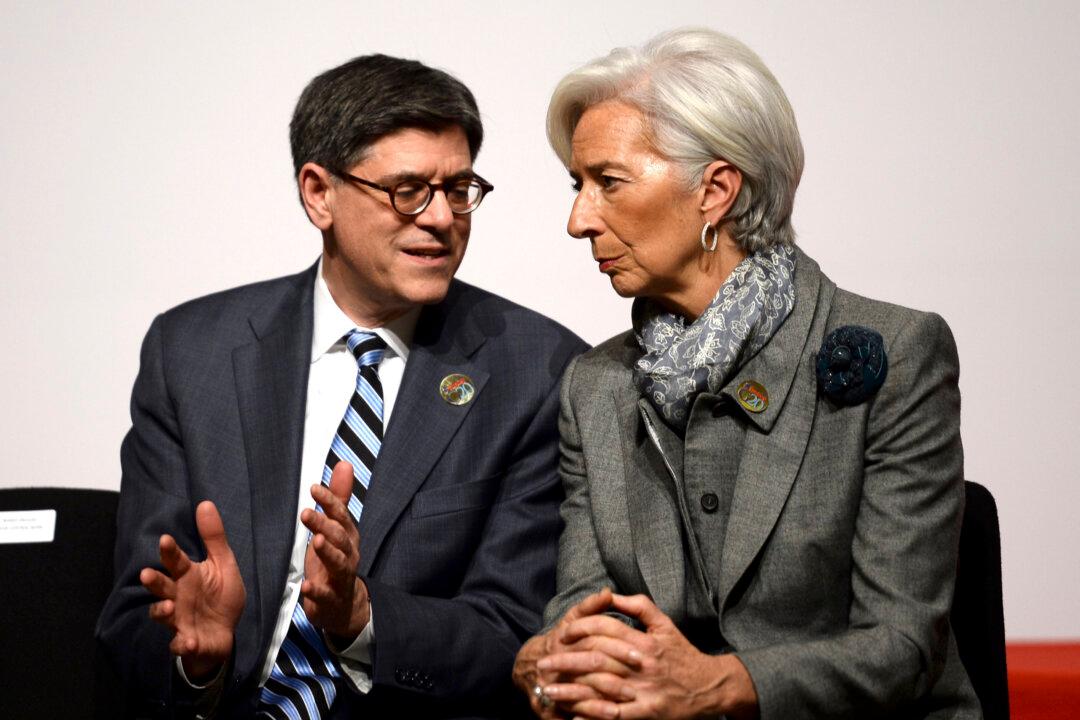At first, the United States just wanted the Chinese-led development bank to just die in insignificance. Now that most of its European and Asian allies have given the bank significance, the United States also wants some influence.
“The U.S. would welcome new multilateral institutions that strengthen the international financial architecture,” said Nathan Sheets, U.S. Treasury undersecretary for international affairs. “Co-financing projects with existing institutions like the World Bank or the Asian Development Bank (ADB) will help ensure that high quality, time-tested standards are maintained.”
The Asian Infrastructure and Development Bank hasn’t even been founded and doesn’t even have a website and yet it has been a huge diplomatic problem for the Obama administration.
In principle, development banks are innocent creatures. They borrow money in the market against paid in capital by their shareholders (often developed countries) and then loan out that money for infrastructure projects in developing countries. Already existing institutions include the International Monetary Fund (IMF), the World Bank, and the Asian Development Bank (ADB).





